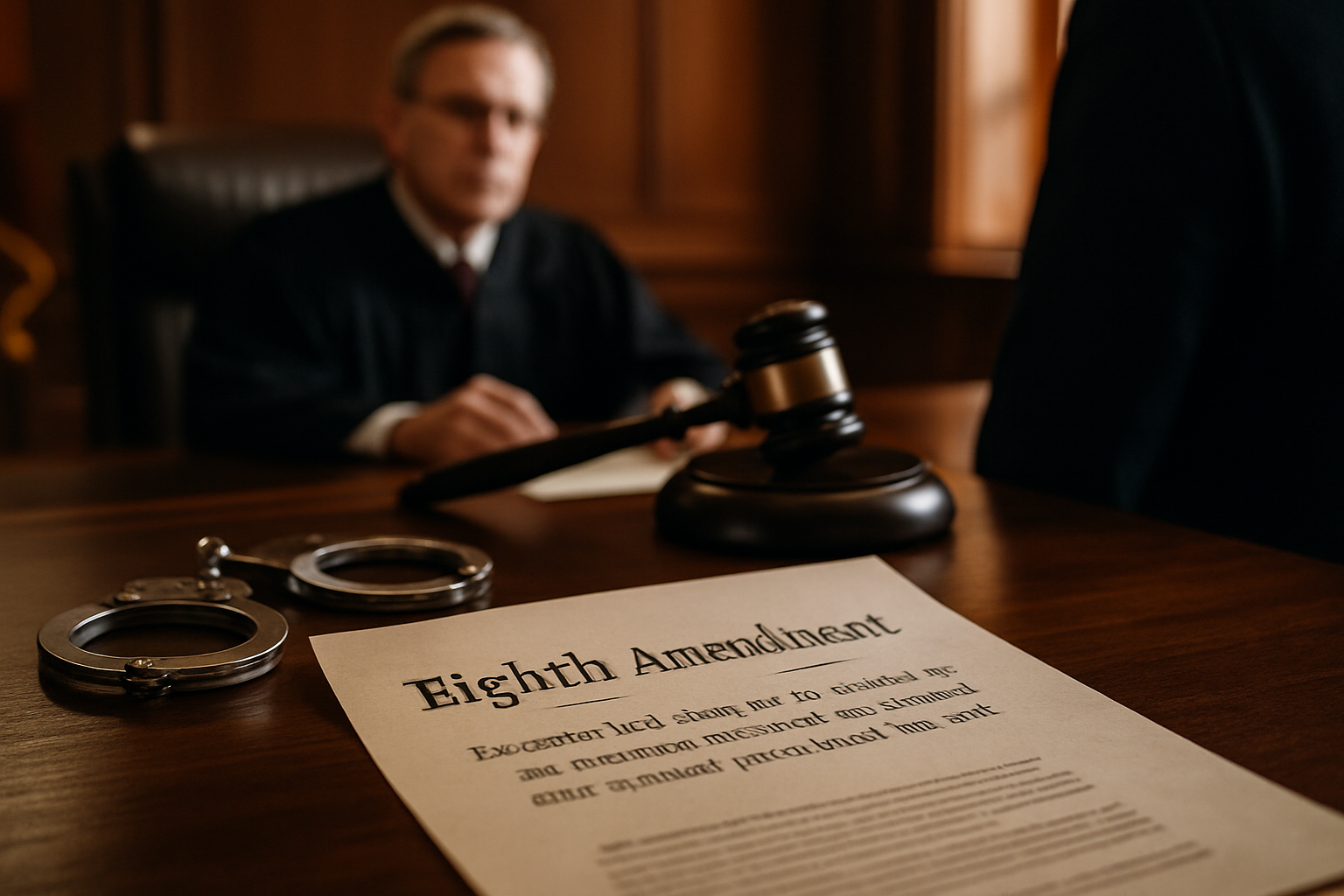Title: The Doctrine of Qualified Immunity: A Legal Tightrope
Introduction: In the realm of civil rights litigation, few legal concepts have sparked as much debate and scrutiny as the doctrine of qualified immunity. This powerful shield, designed to protect government officials from frivolous lawsuits, has become a contentious issue in the ongoing dialogue about accountability and justice in America.

The Current Legal Standard
Today, qualified immunity operates under a two-pronged test established by the Supreme Court. First, courts must determine whether a constitutional right was violated. Second, they must assess whether that right was clearly established at the time of the alleged violation. This clearly established prong has become a significant hurdle for plaintiffs, as it requires them to identify a nearly identical precedent to prove that the official should have known their actions were unconstitutional.
Impact on Civil Rights Litigation
The doctrine’s impact on civil rights cases has been profound. Critics argue that it creates an almost insurmountable barrier for plaintiffs seeking redress for constitutional violations. Cases involving excessive force, wrongful arrests, and other civil rights violations often face dismissal due to qualified immunity. This has led to concerns about a lack of accountability for government officials and a potential erosion of constitutional protections.
Legislative and Judicial Responses
In recent years, there have been growing calls for reform or abolition of qualified immunity. Some state legislatures have taken action to limit its application within their jurisdictions. For instance, Colorado passed a law in 2020 that effectively eliminated qualified immunity as a defense in state courts. At the federal level, various bills have been introduced to modify or eliminate the doctrine, though none have yet succeeded.
The Debate: Protection vs. Accountability
Proponents of qualified immunity argue that it is necessary to protect government officials from the constant threat of litigation, allowing them to perform their duties without fear of personal financial ruin. They contend that without such protection, officials might hesitate to make crucial split-second decisions, potentially endangering public safety. On the other hand, critics assert that the doctrine has been expanded far beyond its original intent, creating a culture of impunity and undermining the very constitutional rights it was meant to uphold.
Future Prospects and Potential Reforms
As the debate over qualified immunity continues, various reform proposals have emerged. Some suggest modifying the clearly established prong to make it less restrictive, while others advocate for a complete overhaul of the doctrine. The Supreme Court has shown some willingness to reconsider aspects of qualified immunity, as evidenced by recent decisions that have slightly narrowed its scope. However, any significant change is likely to require either a major shift in judicial interpretation or legislative action at the federal level.
In conclusion, the doctrine of qualified immunity stands at a crossroads. As society grapples with questions of justice, accountability, and the proper balance between individual rights and effective governance, the future of this legal doctrine remains uncertain. What is clear, however, is that its evolution will have far-reaching implications for civil rights litigation and the relationship between citizens and their government for years to come.






